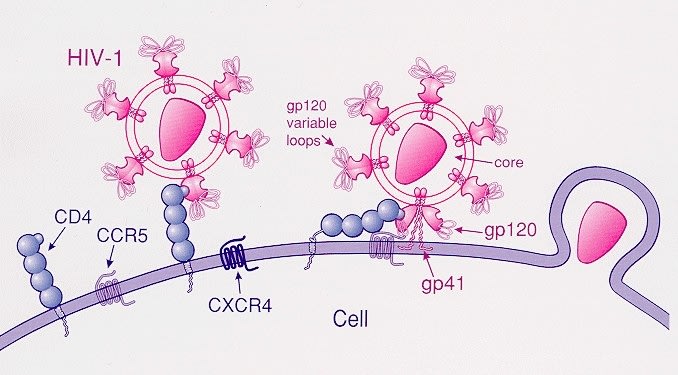HIV Researchers Slam The Scientist Who Made Genetically Engineered Babies
By Nidhi Subbaraman,
BuzzFeed
| 11. 26. 2018
“I’m angry on behalf of the genetic engineering community. I’m angry on behalf of the HIV community,” one expert said. The researchers said that existing methods already offer parents simple ways to have children without transmitting the disease.
HIV researchers are incensed that the first reported use of gene editing in human embryos was aimed at conferring HIV immunity, criticizing the move as reckless and unnecessary.
The Associated Press reported Sunday that twin girls Lulu and Nana were born after a team led by He Jiankui of the Southern University of Science and Technology in Shenzhen, China, edited their genes when they were days-old embryos. Their father reportedly had HIV, and the procedure wiped out a gene that is usually necessary for the virus to infect cells. The news, first reported by MIT Technology Review, broke before the scientist had published any of his data, and was accompanied by YouTube videos in which He described his work.
Genetics experts immediately criticized the project as premature and said it risked conferring dangerous mutations to the twins.
Adding to that chorus, HIV researchers told BuzzFeed News that such a procedure doesn’t make sense for preventing HIV. Targeting and knocking out a single gene, as He claimed to do, does not offer resistance against all strains of the virus. What’s more...
Related Articles
By Diaa Hadid and Shweta Desai, NPR | 01.29.2026
MUMBRA, India — The afternoon sun shines on the woman in a commuter-town café, highlighting her almond-shaped eyes and pale skin, a look often sought after by couples who need an egg to have a baby.
"I have good eggs,"...
By George Janes, BioNews | 01.12.2026
A heart attack patient has become the first person to be treated in a clinical trial of an experimental gene therapy, which aims to strengthen blood vessels after coronary bypass surgery.
Coronary artery bypass surgery is performed to treat...
By Staff, ScienceDaily | 01.05.2026
Scientists at UNSW Sydney have developed a new form of CRISPR technology that could make gene therapy safer while also resolving a decades-long debate about how genes are switched off. The research shows that small chemical markers attached to DNA
...
Following a long-standing CGS tradition, we present a selection of our favorite Biopolitical Times posts of the past year.
In 2025, we published up to four posts every month, written by 12 authors (staff, consultants and allies), some in collaboration and one simply credited to CGS.
These titles are presented in chronological order, except for three In Memoriam notices, which follow. Many more posts that are worth your time can be found in the archive. Scroll down and “VIEW...




